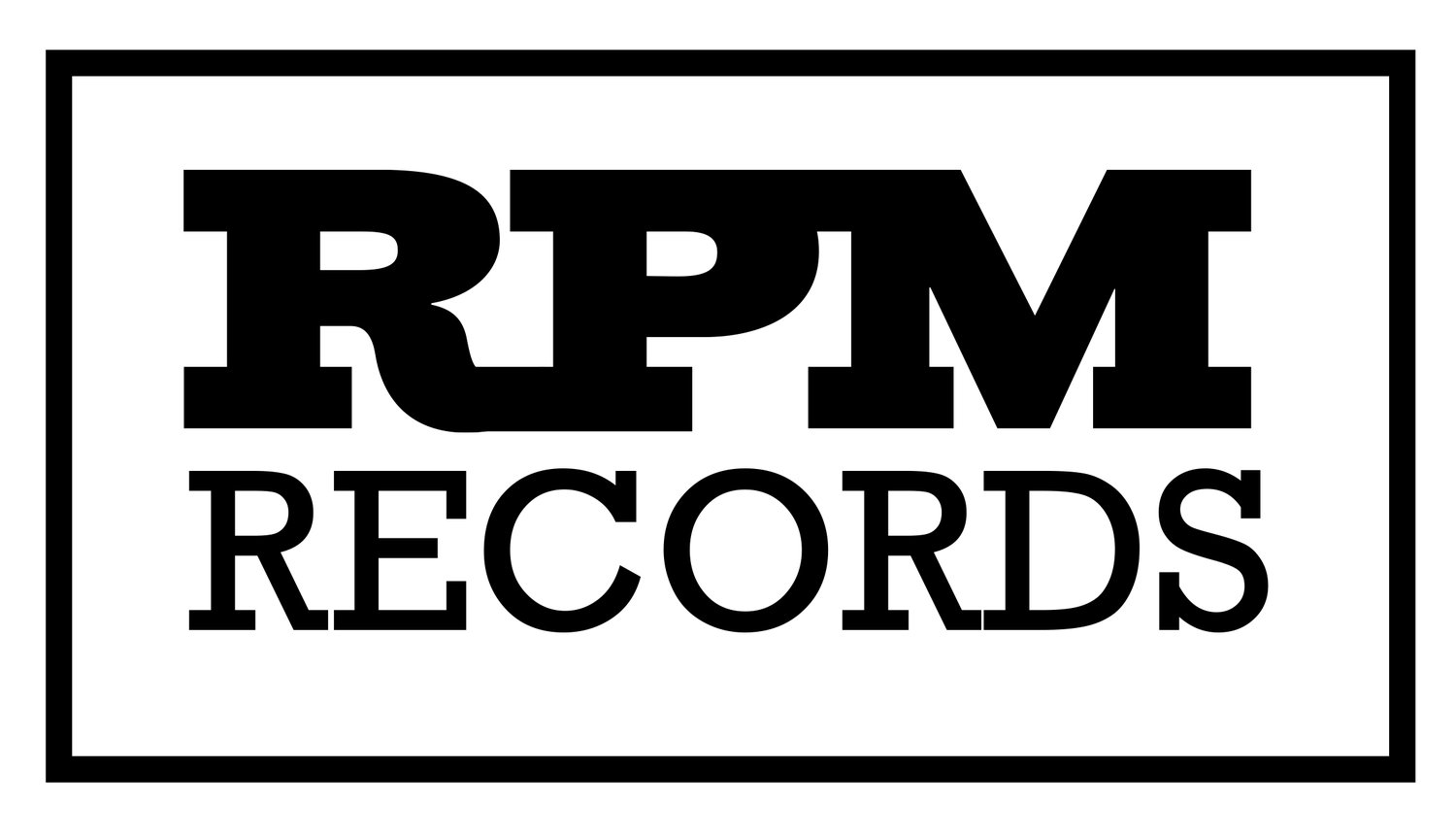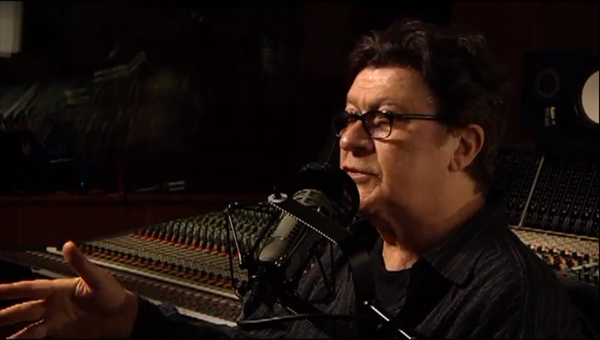Oklahoma Siren Karen Dalton
/Greenwich Village's little known Cherokee folk singer the late Karen Dalton brought a soulful honesty from Enid, Oklahoma.
Well known to those apart of the Greenwich Village folk scene in the 60's, Karen Dalton was an inspiration to many musicians at that time. Bob Dylan states in his autobiography that after arriving in New York in 1961 " My favorite singer in the place was Karen Dalton. Karen had a voice like Billie Holiday and played guitar like Jimmy Reed... I sang with her a couple of times" Although she was never broadly well known, probably due to her aversion to recording and that she often chose to cover songs, her aching, blues-soaked, and tender voice affected many of those that had the opportunity to see her live.
Dalton was born Karen J.Cariker in Enid Oklahoma on July 19, 1937. Her Cherokee mother, Evelyn, used to sleep on a brass bed in the backyard. In the early 60's she took her 12 string guitar and banjo, left her husband behind, and moved to Greenwich Village, New York where she began playing at small live venues. Lacy J Dalton (who took Karen's last name as a tribute) rented Dalton and her boyfriend a room. Lacy learned from Dalton to soften her voice and to speak her lyrics. She remembers Dalton as having "a certain gentle warmth, in her best moments, a sort of cleanness that you don't see often in this world. She was a wonderful cook, and she could make anything grow. She was magical."
Although very talented, Karen Dalton battled heavy drink and drug use. After separating from her husband, she eventually became estranged from her children and dealt with her pain by self medicating. Like so many artistic spirits she had a heightened sensitivity to what was happening in the world and chose to live whim by whim and would often disappear with no notice.
From lightintheattic.net:
“Karen’s mother was full Cherokee, and told her that if your vibrations were right, plants would grow into your room, as Karen had grown onto the Village folk scene. She had the Beat spirit as well, the existential angst which felt life was dark, perpetually in pain, and that was how you became your art, if you were a real artist." - Lenny Kaye of the the Patti Smith Group
Nik Venet recorded all of Dalton's first album Its So Hard to Tell Who's Going to Love You The Best (Capitol, 1969) in one session and many of the tracks were done in one take. Her second album In My Own Time (Just Sunshine Records, 1971) was a combination of traditional folk tunes, blues, covers of soul hits and tracks by singer-songwriters. In My Own Time was recorded at Bearsville Studio near Woodstock in upstate New York. Apparently in preparation to record, Dalton returned to Oklahoma to fetch her two teenage children, her dog and her horse in order to feel at ease.
Despite the stellar musical support lent to her by producer Harvey Brooks and all of the musicians featured on the album, it flopped commercially and nobody offered to front the money for another. Dalton drifted farther out of the music scene and deeper into her self destructive tendencies. By the early 90's she was living on the streets of New York, after an unsuccessful stint at rehab she passed away from AIDS and drug use complications in 1993. She spent the last few months of her life in the care of guitarist Peter Walker in upstate New York.
Keep an ear out for a tribute featuring a track sung by Samantha Crain. Her albums are available on Light in the Attic Records.
Here is Something On Your Mind off of In My Own Time by Karen Dalton:



